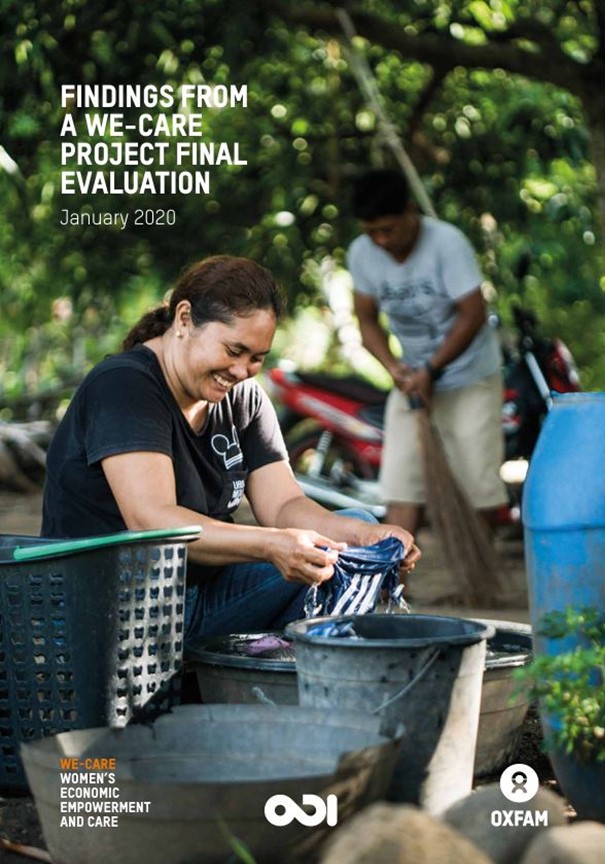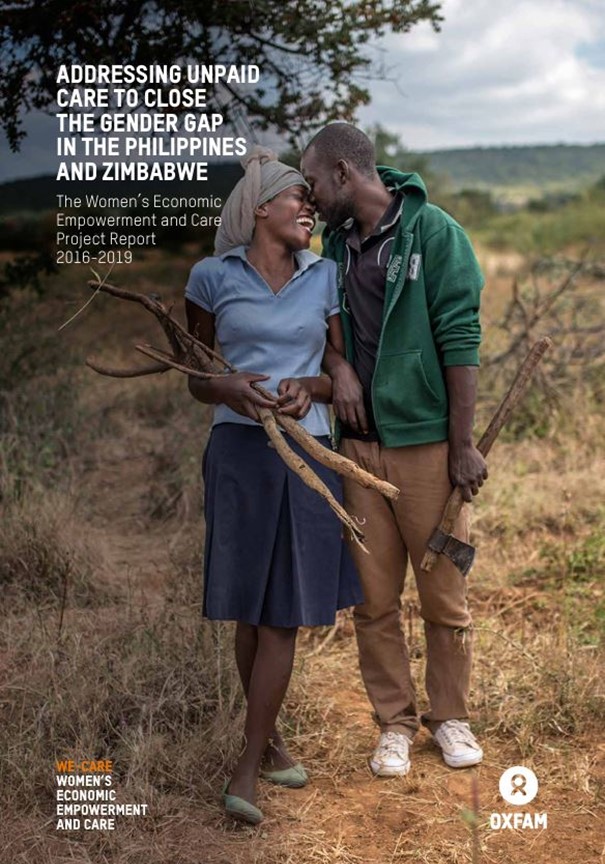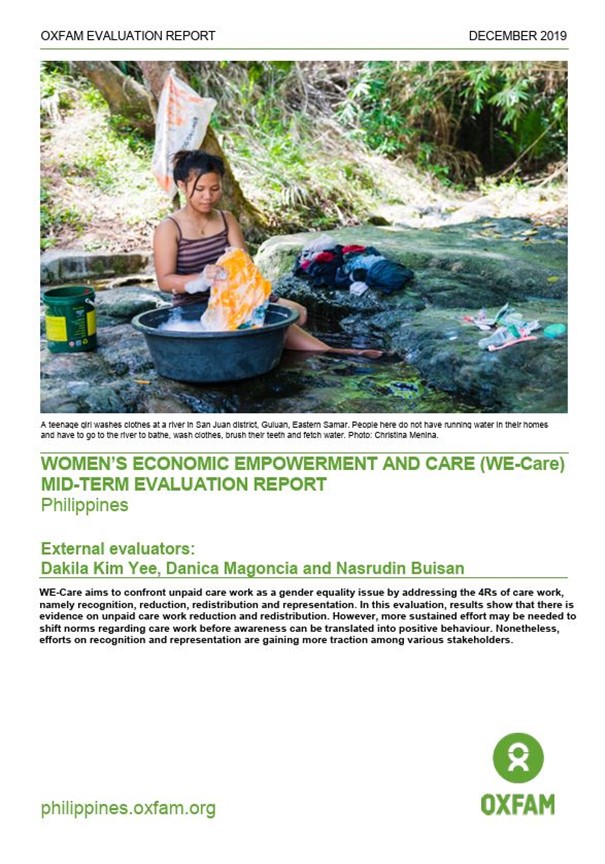Findings from a WE-Care Project final evaluation
The evaluation findings show that in two years of implementation, the project was successful in reducing women’s time on care tasks and in promoting recognition of unpaid care in policies at local level. It also made considerable progress towards more gender-equitable distribution of care work, contributing towards shifting both norms and behaviour around unpaid care and domestic work.





